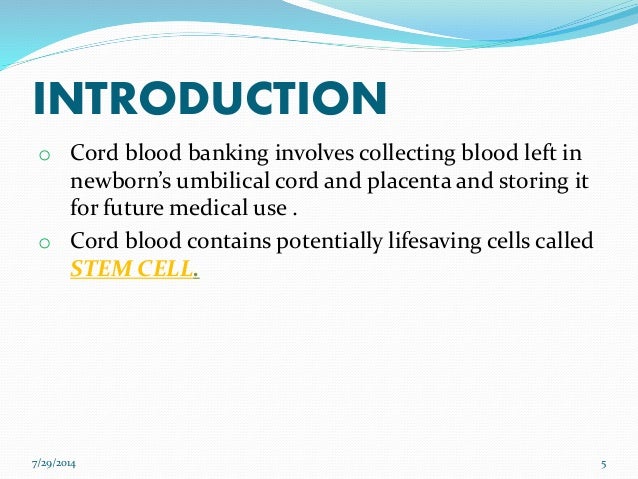Blood banking refers again to the strategy of accumulating, testing, processing, and storing blood and blood products for transfusion. The major aim of blood banking is to ensure a protected and enough provide of blood for medical remedies, surgical procedures, and emergencies. Here are some key elements of blood banking:
Blood Donation:
Blood banks organize and conduct blood donation drives to gather blood from voluntary donors. Donated blood is often separated into its individual components, similar to red blood cells, plasma, and platelets.
Blood Testing:
Once blood is collected, it undergoes various checks to determine blood type (A, B, AB, or O) and Rh factor (positive or negative). Additionally, screening for infectious diseases like HIV, hepatitis, and syphilis is crucial to ensure the safety of the blood supply.
Blood Component Separation:
Blood can be separated into its varied parts to fulfill particular medical wants. For example, purple blood cells are sometimes used to treat anemia or blood loss, whereas platelets are used to assist in blood clotting.

Blood Storage:
After testing and separation, blood components are saved under rigorously managed conditions. Red blood cells are sometimes stored refrigerated, while plasma and platelets may be stored frozen.
Blood Transfusion:
Blood and its components are transfused into patients who need them as a result of surgeries, trauma, medical conditions, or different causes. Compatibility between the donor's and recipient's blood varieties is important to stop adverse reactions.
Emergency Preparedness:
Blood banks play an important position in emergency conditions, such as natural disasters or mass casualties. Having an adequate and secure blood provide readily available is important for responding to such events.
Quality Control and Regulation:
Blood banks adhere to strict quality control measures and are regulated by health authorities to make sure the safety of blood and blood merchandise. blood cord banking cost Brossard Quebec includes compliance with Good Manufacturing Practices (GMP) and different relevant standards.
Public Awareness and Education:
Blood banks often interact in public awareness campaigns to encourage voluntary blood donation. Education about the significance of blood donation and dispelling myths surrounding it are also a part of their activities.
Blood banking is a important component of healthcare techniques worldwide, contributing considerably to patient care and public well being. Voluntary blood donation is usually inspired to maintain a steady and secure blood supply..
